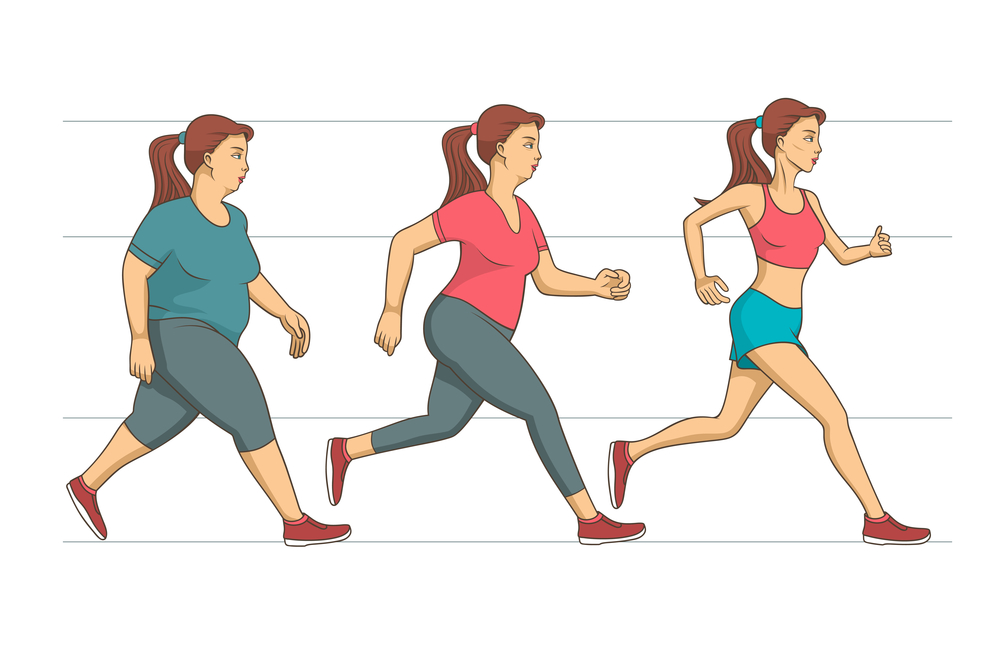Using an Ideal Weight Calculator
In the past, many fitness books would publish a chart of proper weight. Often, the figures would list height corresponding to weight. Many readers would look at the charts and discover they are “way above” their ideal weights. Then, they would look in the mirror and wonder why they don’t look overweight. It is probably because the chart simply was not accurate. One criterion (height defines weight) is simply not enough to ascertain the proper healthy weight. Thankfully, these charts are a thing of the past thanks to accurate ideal weight calculators.
A calculator like this is an innovative concept. It provides a more detailed and accurate explanation of what a person’s weight should be based on a number of criteria. That is, all someone has to do is plug vital stats into the calculator. These stats include age, height, weight, etc. When the calculator provides the information, it will be far closer to accurate than what appears in a book. Again, the information will be compiled by examining specific figures as opposed to presenting a “ready made” figure based on extreme generalization.
However, it is also important to note that a perfect weight is sometimes subjective and sometimes it is objective. That is, if you are 8 lbs over your ideal weight, it may not necessarily mean your physical appearance will be poor. After all, even if you are carrying extra fat tissue it may not seriously affect appearance. Personal preference and opinion will weigh heavily on how you wish to approach the goals of your weight.
More ideal weight information can be found here.
Another important measurement for you to consider is you body mass index, also known as BMI, you can find out your BMI with our BMI Calculator
Growth charts for children can be found here:
Calculator Source: Ewald G, McKenzie C (editors). Manual of Medical Therapeutics, 28th edition. Little, Brown and Company. 1995. page 30 (“Hamwi method”)
This will compute your ideal healthy weight, not the weight you look good at.









